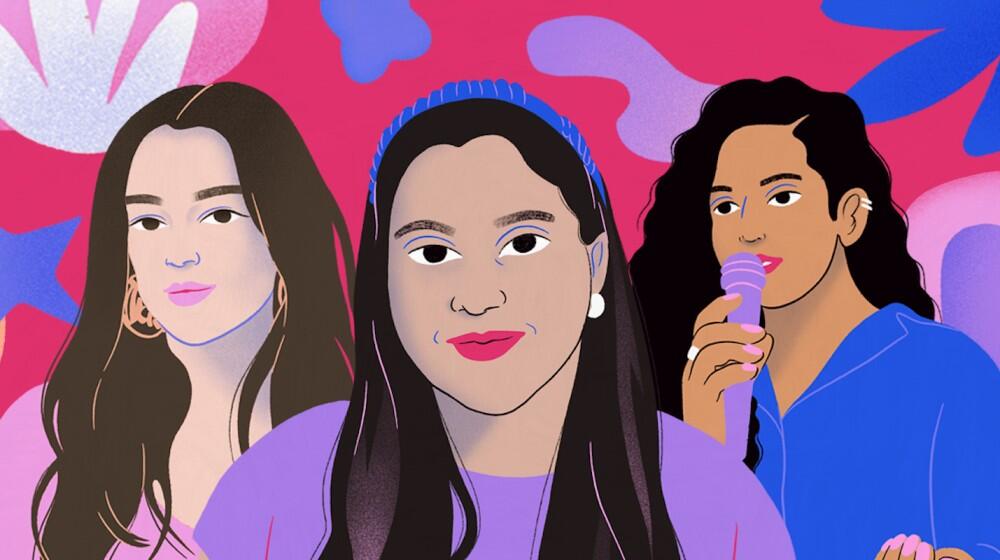
Lighting the way for women and girls
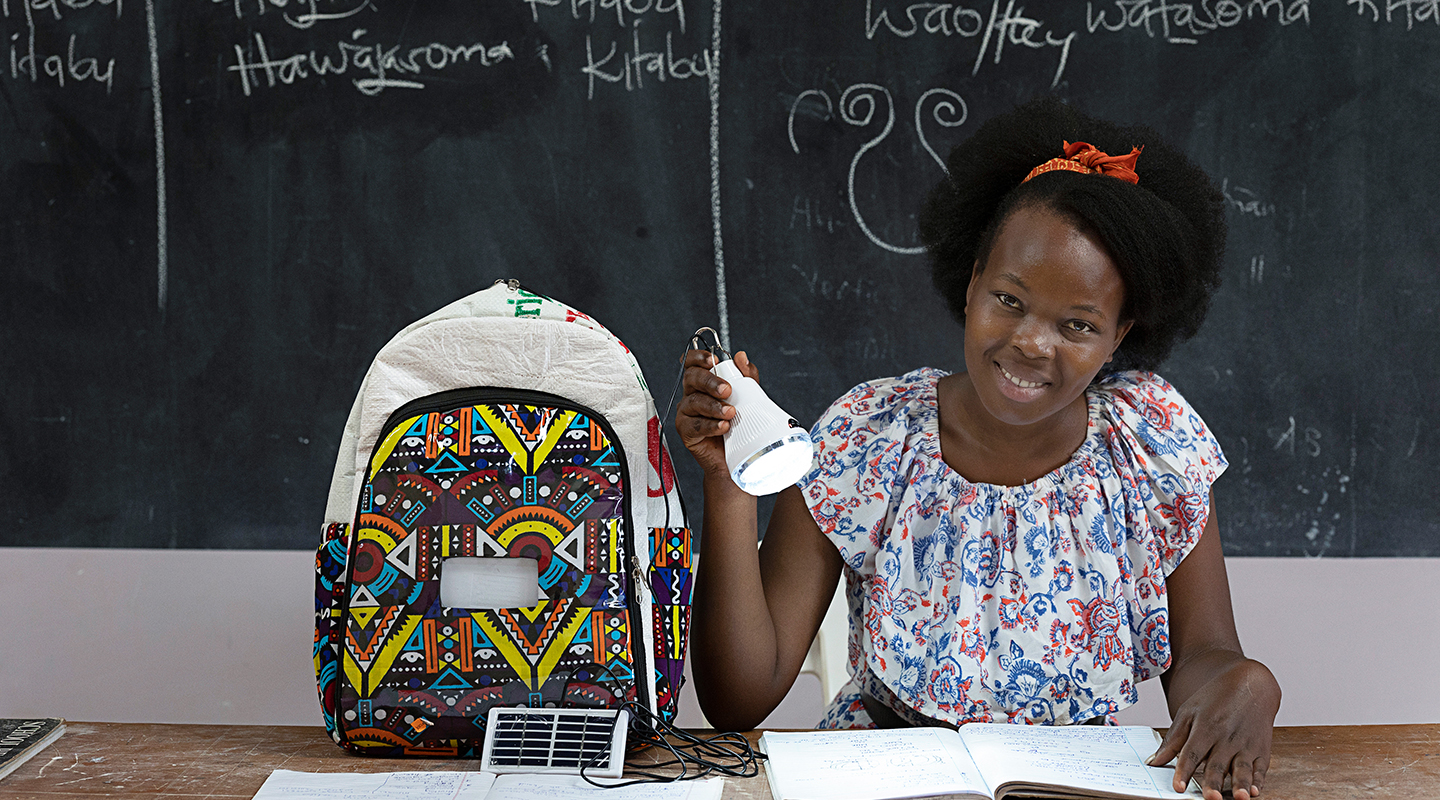
What women and girls want and need matters.
A deeply personal choice – and a fundamental right – is whether or not to have children. Yet more than 40 per cent of women and girls around the world are unable to exercise this right. Lack of education and access to contraception are among the key reasons why.
Enabling women and girls to engage fully in their education and to have access to modern contraception and period products helps to empower them in their ambitions – and to chart the path of their own lives.
Women everywhere must have the opportunity to fulfill their potential. Their needs must not be abandoned in times of conflict and crisis. Here, creative global initiatives UNFPA supports help women and girls thrive.
It’s not just a solar torch. It’s an education.
Mary, 22, an engineer in Uganda, is tackling the barriers that can prevent girls from attending school or getting the most out of their education.
She’s a designer with Smart Bags for Girls, an innovative project from the Smart Girls Foundation that adds solar panels to backpacks, powering a torch that girls can use to study when there is no electricity.
The waterproof bags also contain information on menstrual health and reusable sanitary pads, helping to reduce period poverty and increase attendance for girls at school.
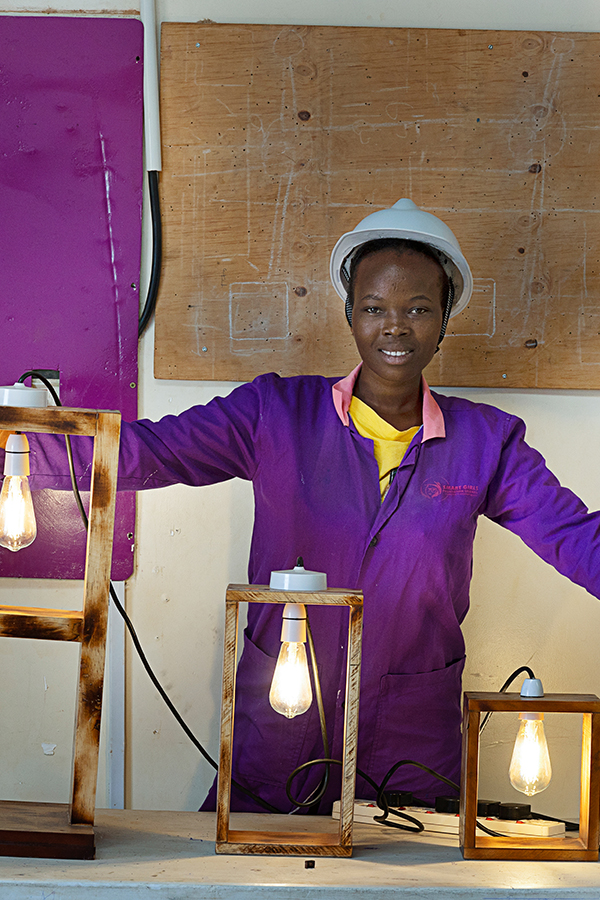
“I want to become a great engineer who can help other girls like me to turn dreams into a reality and create positive change in people’s lives.” – Mary, 22, Uganda
UNFPA Uganda provided support to the Smart Girls Foundation, enabling the distribution of more than 6,500 of the bags to girls across Uganda, including those living in refugee camps.
“In my village, people were saying that women can't do the same jobs as men, but I want to prove to them that it’s possible and a woman can perform a job better than any man,” Mary says.
Another Smart Girls initiative, Girls With Tools, provides vocational training including mechanics, carpentry and construction. Its trainees are among the thousands of recipients of the game-changing backpacks. “I would like to learn as much as I can and become a mechanic who knows how to fix motorbikes and cars,” says trainee Mariam, 18.
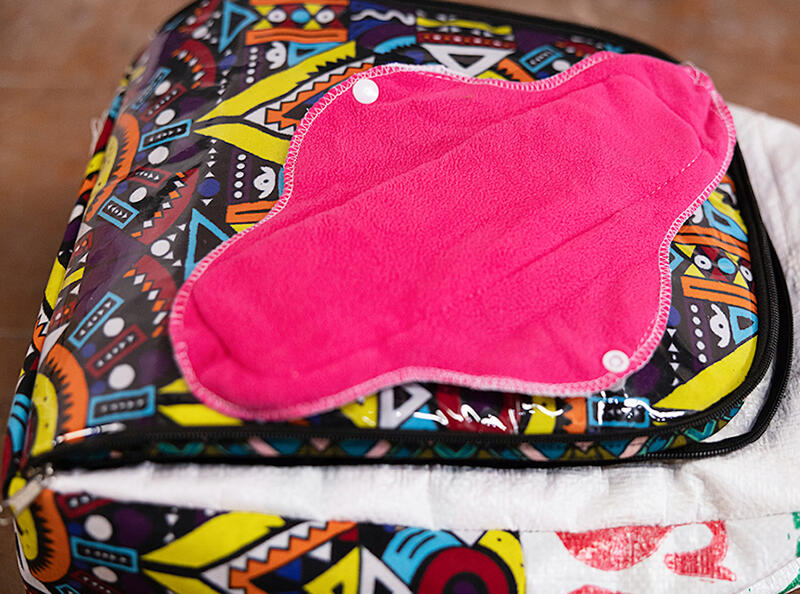
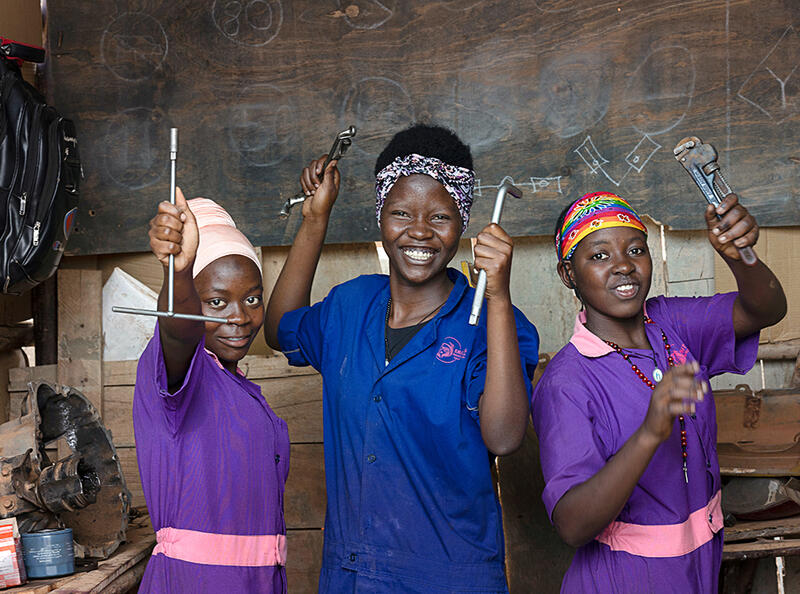
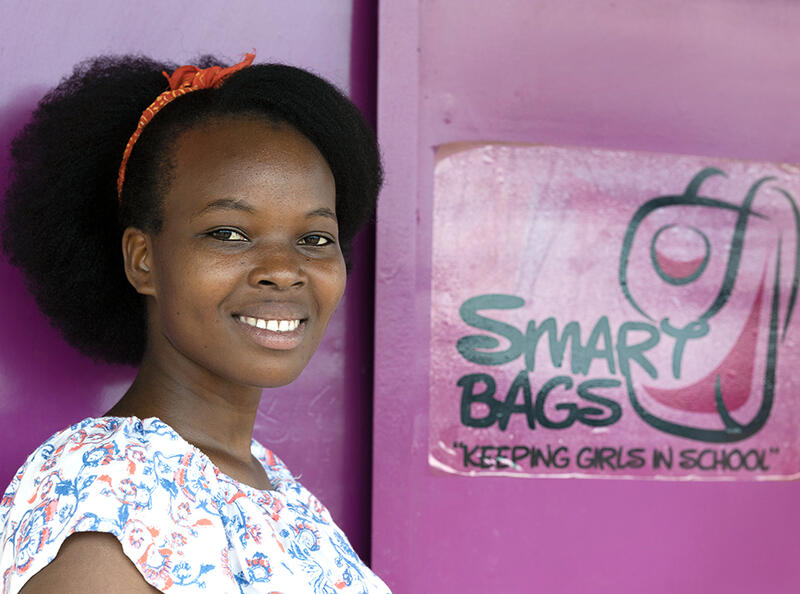
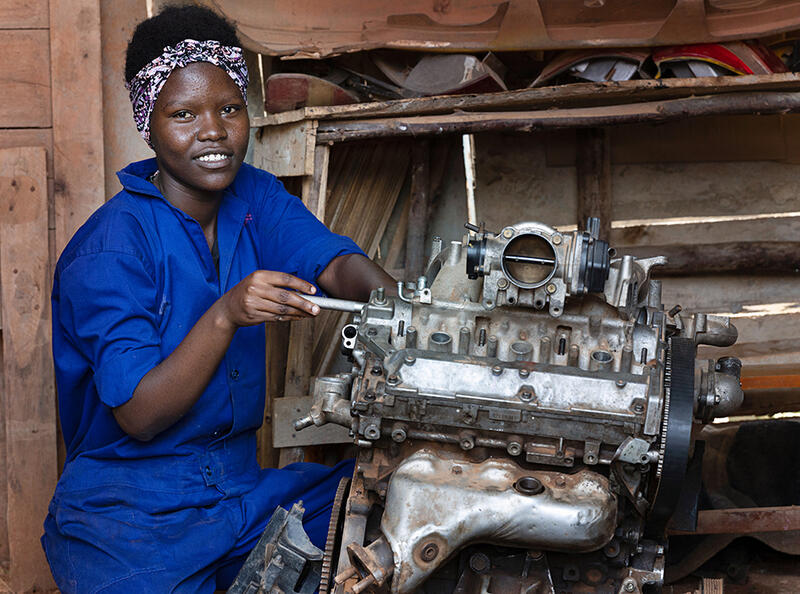
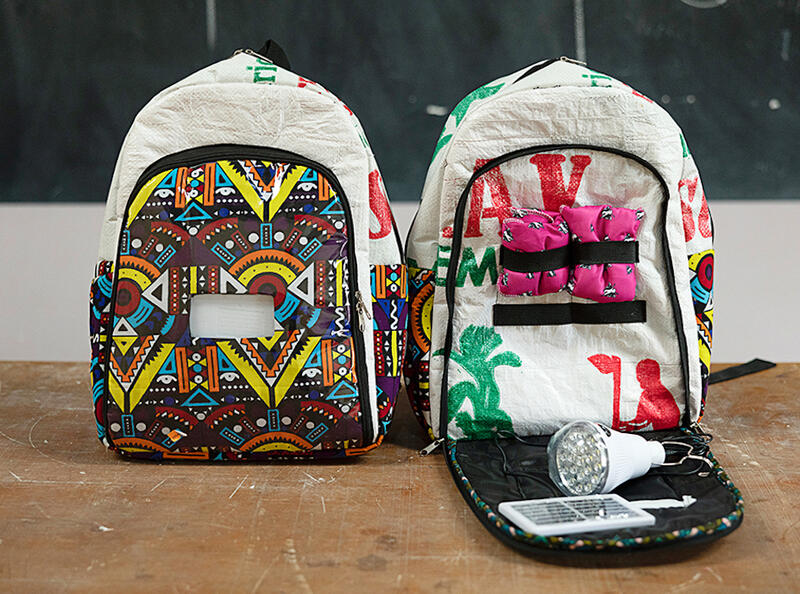
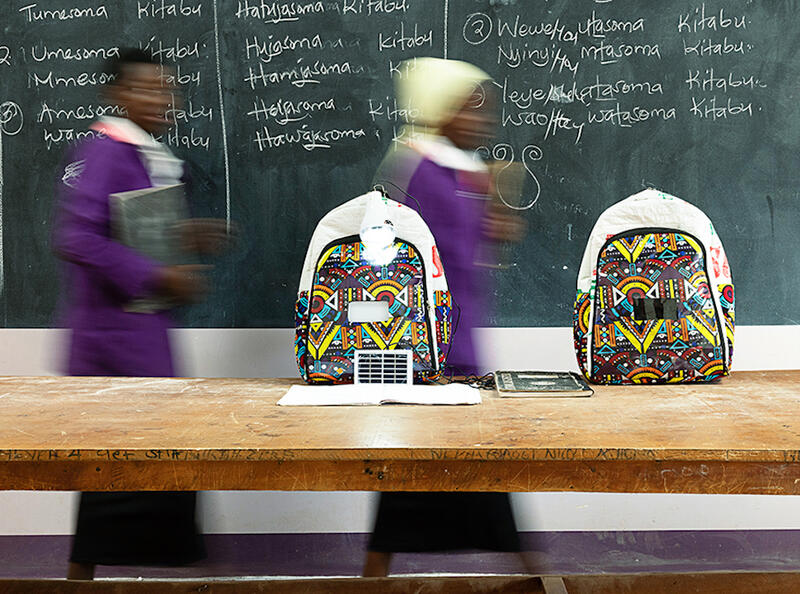
Fulfilling rights and dreams through reproductive choices
As a teacher and a parent in Brazil, Leticia, 29, can personally vouch for the importance of both education and reproductive choices.
She is parenting three children alongside her husband while enjoying her career teaching mathematics.
"Raising children is a difficult job. Contraceptives have enabled me to decide and control the number of children I have,” she says. “This also means that I can better care for them, while pursuing other dreams as well.”
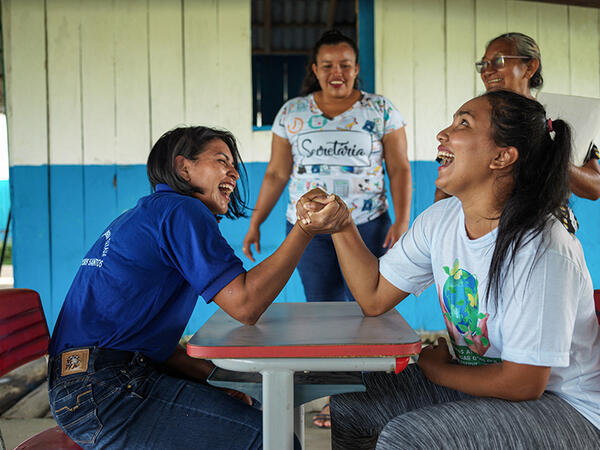
UNFPA-supported health and community workers around the world are working towards a reality where every young person’s potential is fulfilled and every pregnancy is wanted.
Working in a wide range of global settings, from classrooms to clinics and refugee camps, as well as through mobile outreach and online, UNFPA increases access to family planning and contraceptive choices. Initiatives are created based on local knowledge and context, and professionals are well trained so that women and girls can access trusted, informed services.
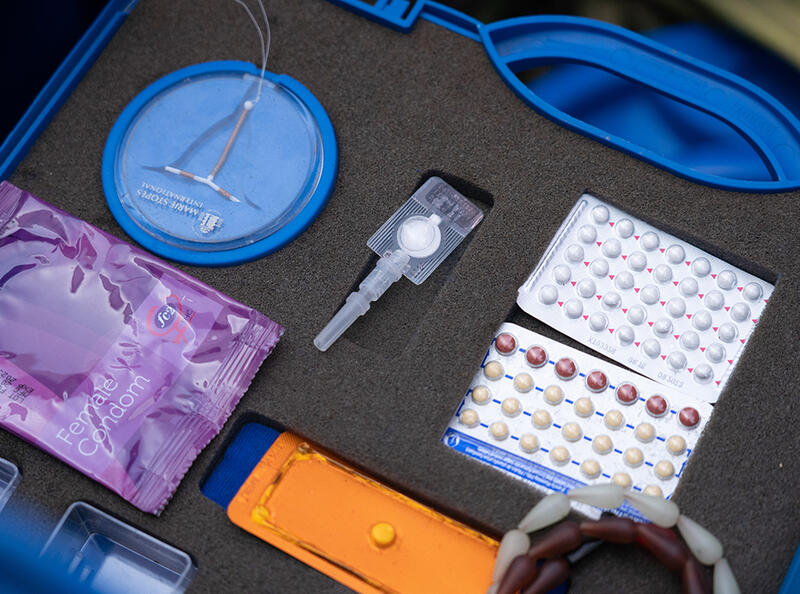
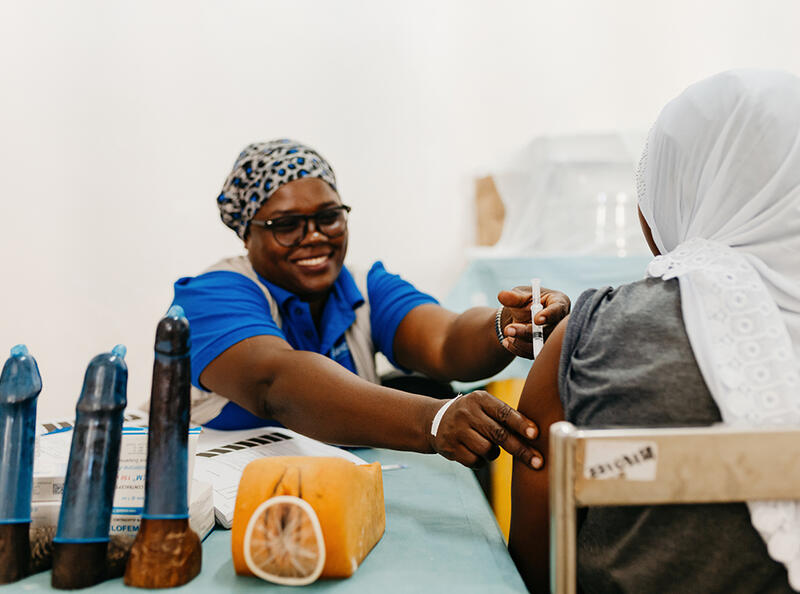
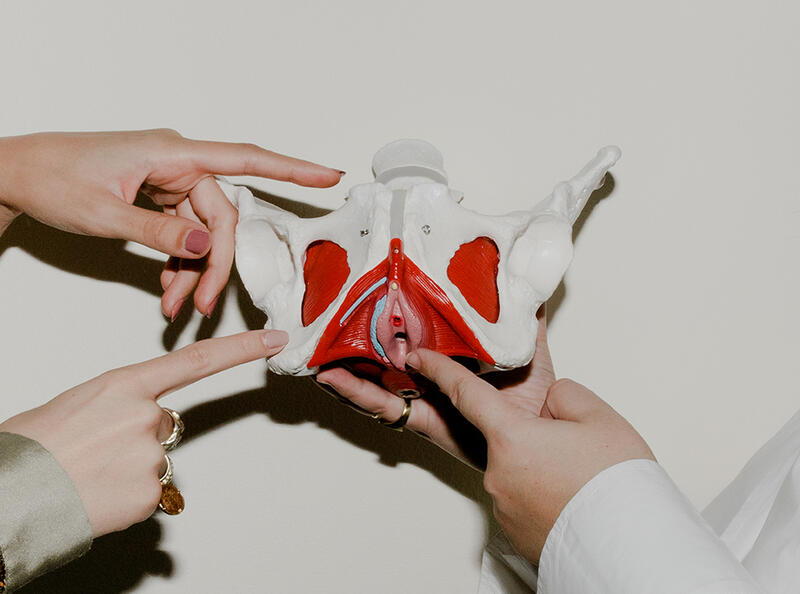
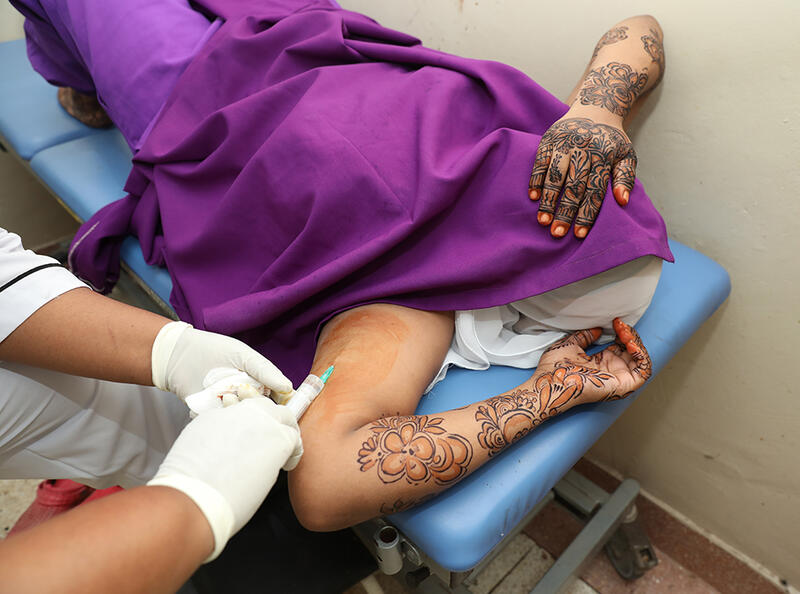
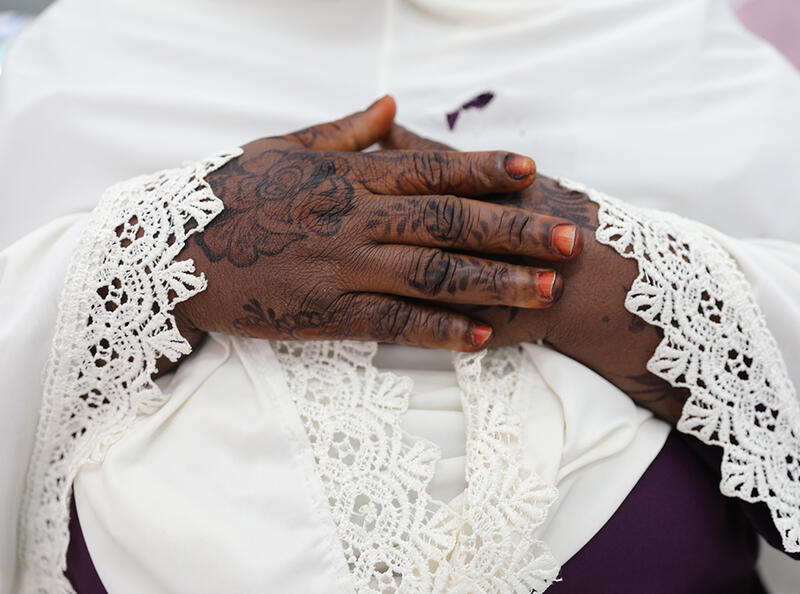
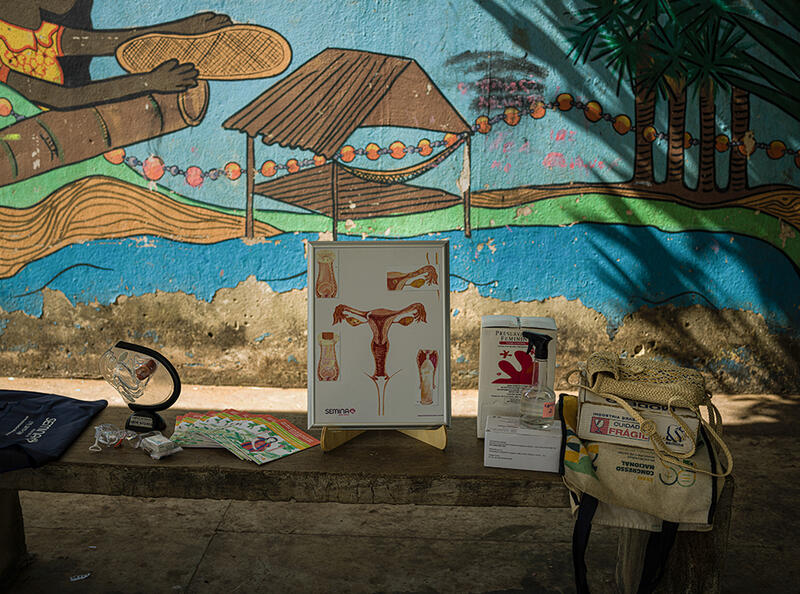
Rights and choices when crisis strikes
During an emergency, women and girls need to be able to access menstrual hygiene products and contraception services more than ever – yet this is also a time when support is often disrupted or redirected. UNFPA steps in to fill the void, as well as meeting other pressing needs affecting women and girls.
Period products take on a new importance, as they ensure that women and girls can still access health and humanitarian services and attend school while on their period. Continuity of contraception is vital so that the risk of an unintended pregnancy does not increase during an already vulnerable time.
UNFPA also distributes dignity kits in times of crisis, tailored to specific needs. For example, kits are designed for women and girls of different ages; clothing items vary according to climate and season; delivery kits for pregnant women are equipped with basic medical supplies.
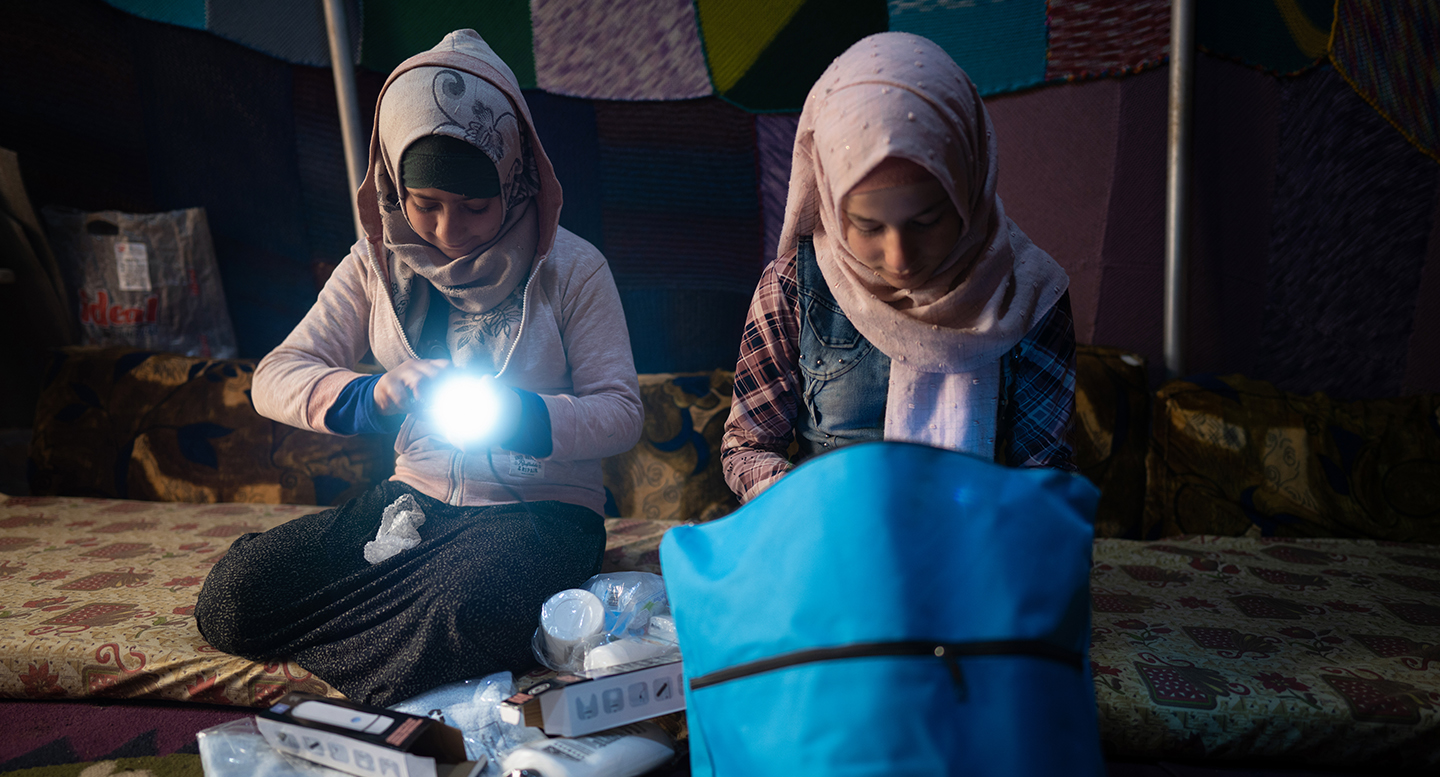
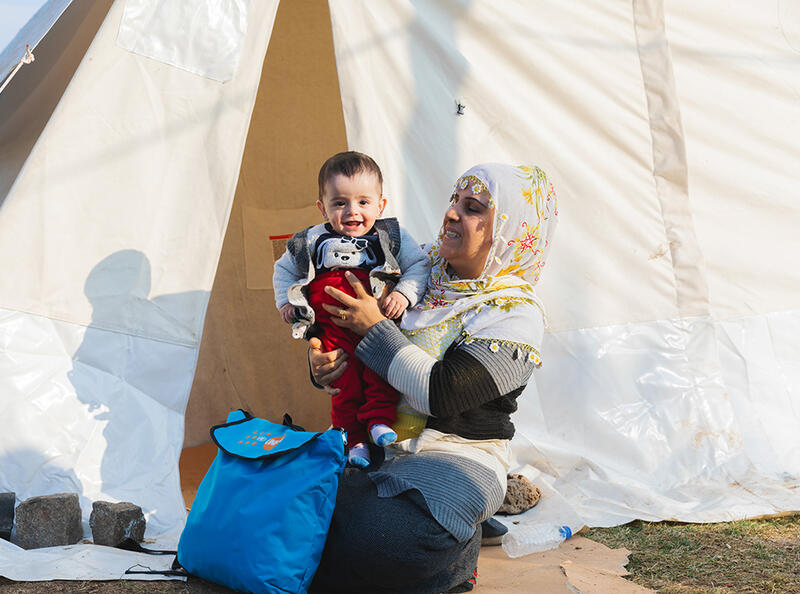
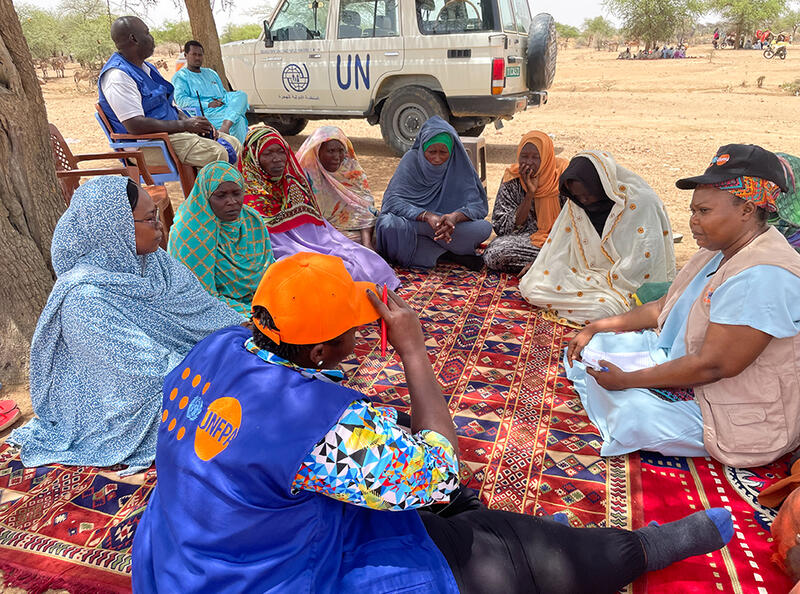
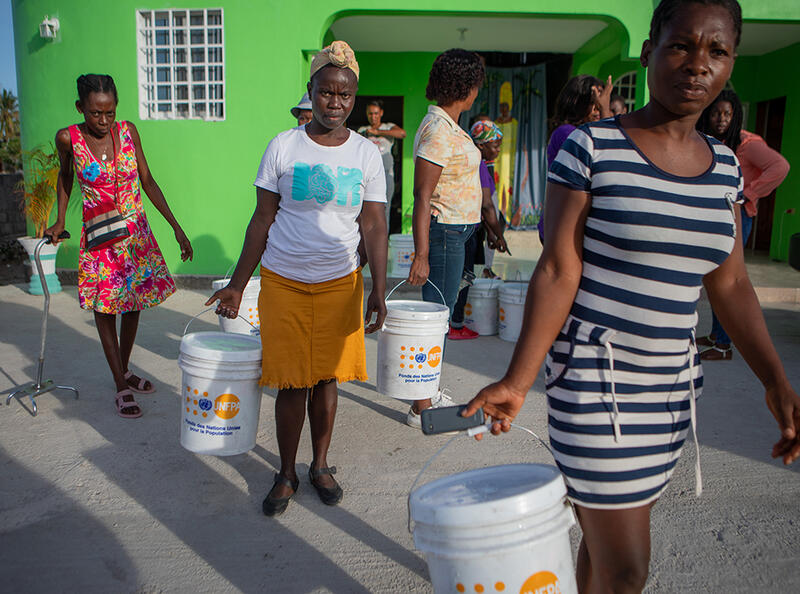
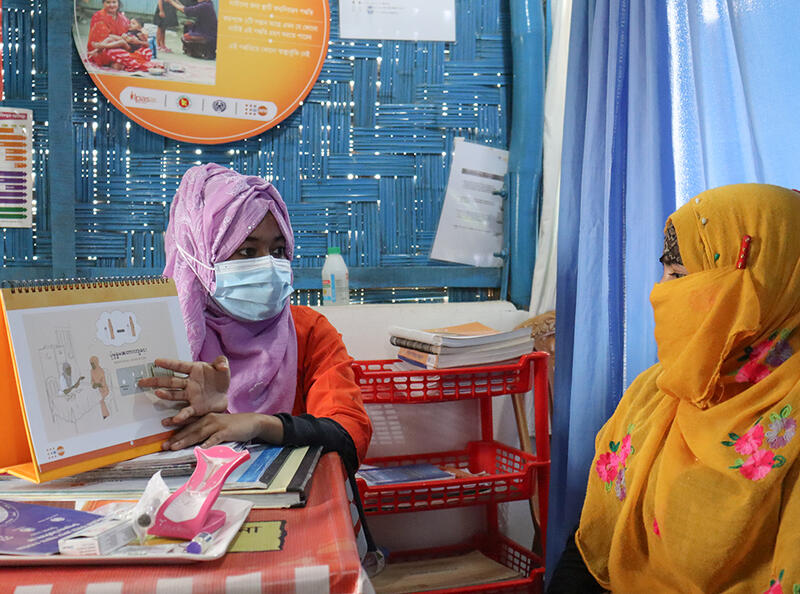
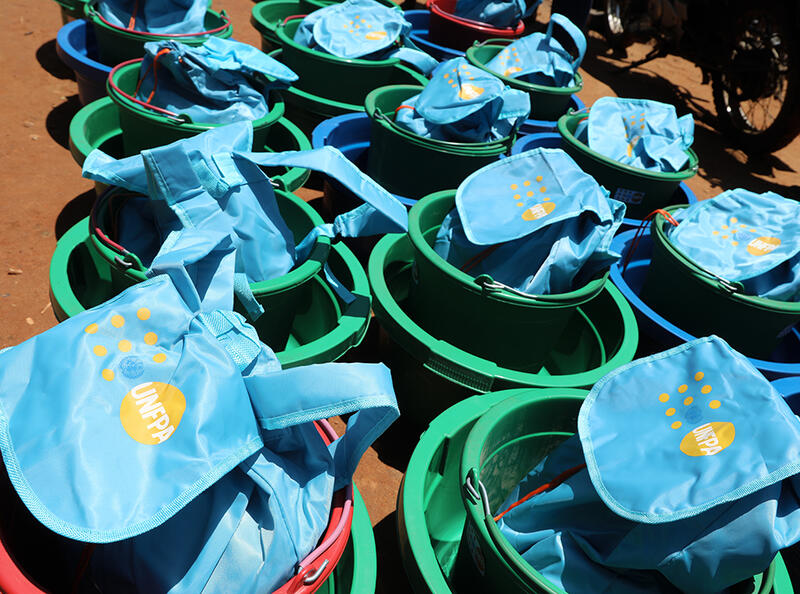
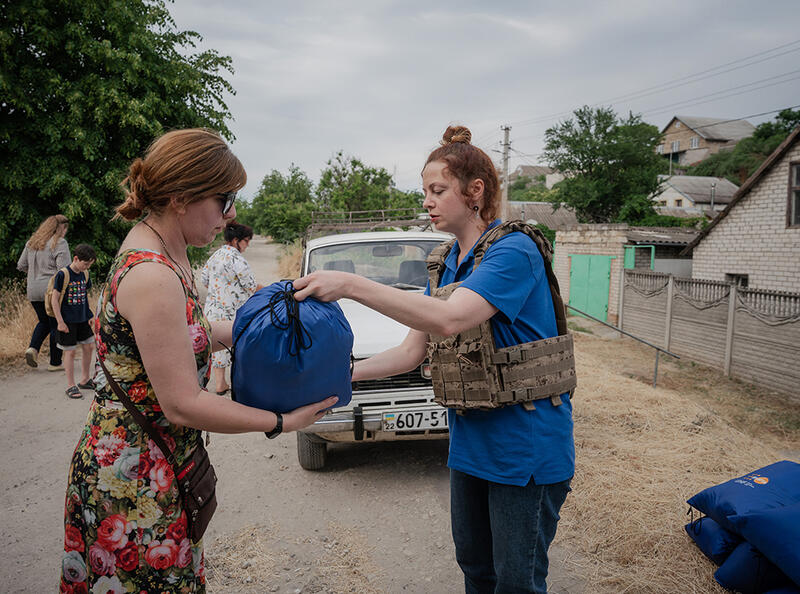
Women and girls make up half the population of the planet. When we ensure that they have equitable education and employment opportunities, that they can exercise their sexual and reproductive health rights, and that their needs are not forgotten during crises, it will result in healthier families, stronger economies and more resilient societies.

